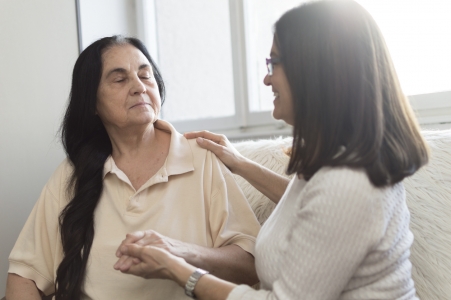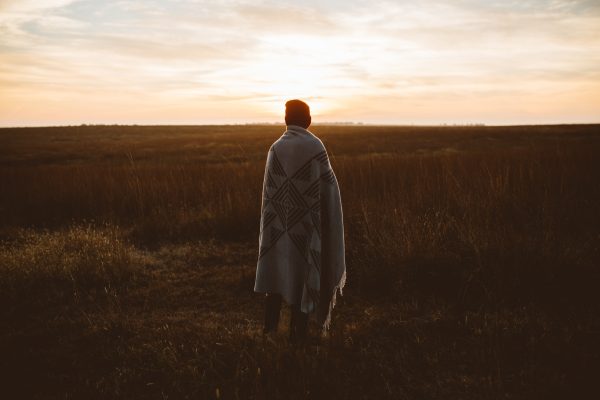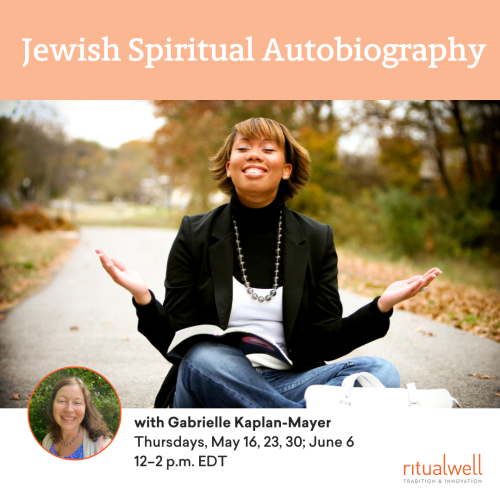In my role as Community Chaplain, I am frequently called to be with a family at the time of their loved one’s last moments. I have found that while families seem to know instinctively that you call a rabbi when death is imminent (or it has occurred), they don’t know why… or what is to happen when I walk in the door.
I came to the realization not long ago that I have in fact, developed a ritual for this holy time. I’m sharing it here in the hopes that it will be of use to chaplains in their pastoral work.
Basic introductions
I often am meeting the family for the first time at this moment. Everyone shares: who is present and how are they connected to the person dying. There might be a conversation about the medical story, other friends or family members who have visited or are expected to do so. If it has been a long vigil, I always ask if folks have been eating and drinking, assuring them that they need to care for themselves as well.
I share with them that there are end-of-life prayers to be recited, the viduiLit. Confession. A litany of one's sins that is traditionally recited on Yom Kippur, prior to one’s wedding, and on one's deathbed., and that, in part, these are words of confession. Jewish tradition holds that just as we are born with a clean slate, so too do we die with a clean slate. If the patient is not able to recite the words, I will do so on their behalf.
I might ask some of the following questions:
- Biographical information (life story)
- What were their proudest accomplishments?
- What was important to them?
- What made them laugh/cry?
- What lessons did they teach you?
- What is their legacy?
Sharing
When everyone has had a chance to speak I’ll continue with the following:
“One of my favorite authors, Anne Lamott, wrote a book called Help, Thanks, and Wow. In this book, she posits that the three words, help, thanks and wow, are the basic words for prayer. I’d like to ask each of you to choose one of those words (help, thanks, or wow) and use it to say something to __________.”
After a few moments, if nobody is able to begin, I might say, “I’ll start: Wow, I can feel the love in the room.” Generally, the words and the tears flow from there.
When everyone has spoken, I’ll recite the vidui. I’ve used several different texts, Hebrew and English, both from the Reform Mishkan Refuah, as well as Moreh Derech, from the Rabbincal Assembly.
Meditation on Angels
I’ll conclude with the meditation on angels on p. 70 of Mishkan Refuah:
May your angels come to ______’s sides
On his/her right Michael, carry our prayers
On his/her left Gavriel, protect him/her.
Before him/her Uriel, light his/her way.
Behind him/her Refael, heal all hurts.
And over his/her head and all around him/her, ShekhinahThe feminine name of God, expounded upon in the rabbinic era and then by the Kabbalists in extensive literature on the feminine attributes of the divine., may he/she rest within her wings.
Lekh/lekhi shalom, go in peace.













